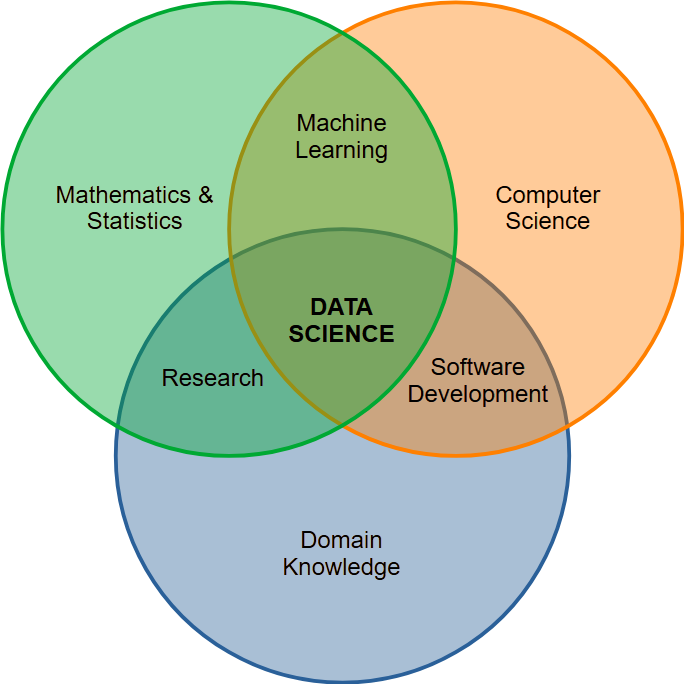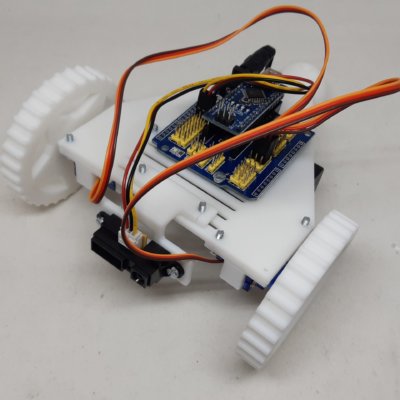Information Technology is a constantly evolving field that plays an essential role in modern society. Computer science courses, grouped under the term Information Technology, offer valuable training and open the way to a multitude of exciting careers.
IT Training
Computer science courses offer technical training designed to equip students with the essential skills to navigate today’s complex technological landscape. These educational programs encompass a diverse range of fields, such as computer programming, systems administration, database design, computer security, virtualization, network management and data analysis.
Programming
At the heart of computer science lies the mastery of programming languages such as Java, Python, C++, JavaScript and Ruby. These languages serve as the foundation for software and application development. Students acquire a deep understanding of data structures, algorithms and development methodologies, while studying advanced concepts such as object-oriented programming (OOP) and software design.
System administration
The Systems Administration track focuses on the management of IT infrastructures. Students explore operating systems such as Linux and Windows. They learn how to configure servers, administer databases and ensure the availability of IT services. They also learn about virtualization, a key element of IT resource management in corporate environments.
Cybersecurity
Computer security is a critical field, where students discover how to protect systems and networks against potential threats. They explore the concepts of firewalls, authentication, encryption and vulnerability management to enhance data and application security. IT security training also covers aspects of security incident management, cyber attack response, and regulatory compliance.
Network management
Network management is an essential pillar of computer science training. Students learn to design, configure and maintain computer networks, covering technologies such as routing, switching and communication protocols. They also study wireless networks, enterprise networks and scalable network architectures.
Data analysis
Last but not least, data analysis occupies an important place in computer science training. Students acquire skills in data collection, processing, and analysis using tools and languages such as R, Python, and NoSQL databases. They explore machine learning and artificial intelligence (AI) techniques to extract valuable information from large datasets.
In conclusion, computer science courses train students to become essential players in the ever-changing digital age. This in-depth training prepares them for challenging careers in roles such as software developer, system administrator, IT security analyst, cloud architect, network engineer, data scientist, IT consultant, and IT project manager.

IT professions
Students who take computer science courses have access to a wide variety of careers. Here are some of the most common careers in Information Technology:
- Développeur de Logiciels : Les développeurs créent des applications, des sites web et des logiciels en utilisant différents langages de programmation. Ils sont responsables de la conception, du codage, du test et de la maintenance de ces programmes.
- Administrateur Système : Les administrateurs système gèrent les réseaux informatiques, les serveurs et les bases de données d’une organisation. Ils veillent à ce que tous les systèmes fonctionnent de manière fluide et en toute sécurité.
- Analyste en Sécurité Informatique : les analystes en sécurité informatique sont chargés de protéger les systèmes informatiques contre les attaques et les vulnérabilités.
- Architecte Cloud : Les architectes cloud conçoivent et mettent en place des infrastructures cloud pour les entreprises. Ils sont responsables de la migration vers le cloud et de l’optimisation des ressources cloud.
- Ingénieur en Réseau : Ils s’occupent de la conception, de la mise en place et de la maintenance des réseaux informatiques. Ils assurent une connectivité fiable au sein d’une organisation.
- Data Scientist : Les data scientists analysent de vastes ensembles de données pour en extraire des informations utiles. Ils sont essentiels pour la prise de décision basée sur les données dans de nombreuses industries.
- Consultant en Technologie de l’Information : Les consultants en IT travaillent généralement de manière indépendante ou pour des entreprises de conseil. Ils aident les clients à résoudre des problèmes informatiques complexes et à améliorer leur efficacité opérationnelle.
- Gestionnaire de Projet Informatique : ces ingénieurs supervisent le développement de projets informatiques, veillant à ce qu’ils soient livrés à temps et dans le respect du budget.
Career prospects and growing demand
IT professions offer many exciting and well-paid career opportunities. With the increasing digitization of all sectors, demand for IT professionals is set to remain high. What’s more, the field is evolving rapidly, which means IT professionals need to keep constantly up to date with the latest technologies and trends.
Information Technology courses and the careers that follow are at the heart of the digital revolution. Whether you’re passionate about programming, IT security, data analysis or project management, there are a multitude of paths to explore in Information Technology. A solid IT education can open the door to stimulating and rewarding career opportunities in an increasingly connected world.
Information Technology Self-Study
It’s important to note that many people choose to learn computer skills on their own. Indeed, self-training has become more accessible than ever thanks to a multitude of online resources. Platforms such as Coursera, Udemy and Codecademy or sites like this blog offer online resources and courses on a variety of IT topics, from programming to computer security.
Practical projects are also an effective way of learning by doing. For example, by embarking on the creation of a website, developing a mobile application or participating in open source projects, learners can gain experience and develop their skills. Programming forums, such as StackOverflow, are a valuable resource for asking questions and solving problems.
Successful self-learning often depends on self-discipline and the ability to stay motivated. However, many IT professionals started their careers in this way. Building up personal or collaborative projects is a great way to gain valuable experience. This self-study route can be particularly suitable for those looking to change careers or acquire specific IT skills.
In conclusion, IT learning is not necessarily limited to the traditional classroom. Online resources abound with hands-on projects and online communities (Stackoverflow, Github,, etc.). This makes self-learning a viable option for those seeking to acquire computer skills. Whether one opts for academic training or self-study, opportunities in the Information Technology field remain promising, with a constant demand for qualified professionals to meet the technological challenges of the 21st century.




